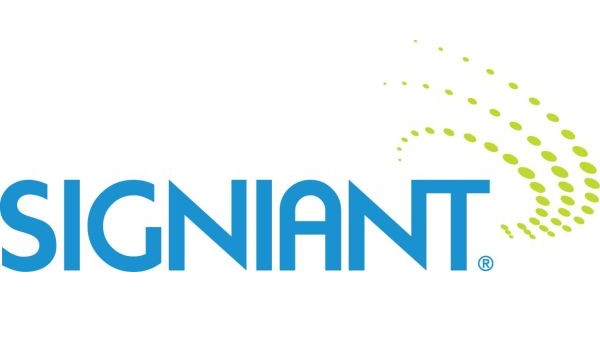The Economist: Fed’s Broadband Plan Entrenches Wireless Carriers
The professional video industry's #1 source for news, trends and product and tech information. Sign up below.
You are now subscribed
Your newsletter sign-up was successful
LOS ANGELES: Americans went gaga to be Google’s broadband test bed in part due to the lame state of service in the United States, The Economist says. The London-based publication enumerates the Orwellian backwater that is U.S. high-speed Internet service as well as the federal government’s plan to alleviate it.
“Two out of three Americans are said to have broadband access, whatever that means,” the Economist correspondent writes. “The Federal Communications Commission FCC requires transmission rates to be greater than 768 kilobits a second for a service to be classed as broadband. That has not stopped ISPs from delivering far less and charging a hefty premium over the price of dial-up connections to the Internet. And do not believe their adverts claiming download speeds of so many megabits a second. The FCC reckons most Web surfers are lucky to get half the advertised speed.”
The National Broadband Plan is intended to create the competition necessary to stop the abuses, though it’s unlikely to do so, the article notes:
“Verizon and AT&T are an integral part of the duopoly as it is. It is difficult to see them as lively sources of competition. If anything, giving wireless carriers a greater role in broadband access could make life easier still for the incumbents.”
Thus it should come as no surprise that Verizon stopped sinking money into FiOS, the publication says.
“It is, perhaps, no coincidence that just days before the FCC released its final report, Verizon quietly pulled the plug on its FiOS fibre-optic ‘triple-play’ of television, telephone and broadband service, the only one in America that came close to rivaling speeds available in Japan and South Korea. A third of Verizon’s customers--your correspondent included--will now be left without the fiber option.”
“Googlenet: A cure for America’s lame and costly broadband?” is at The Economist.
The professional video industry's #1 source for news, trends and product and tech information. Sign up below.
